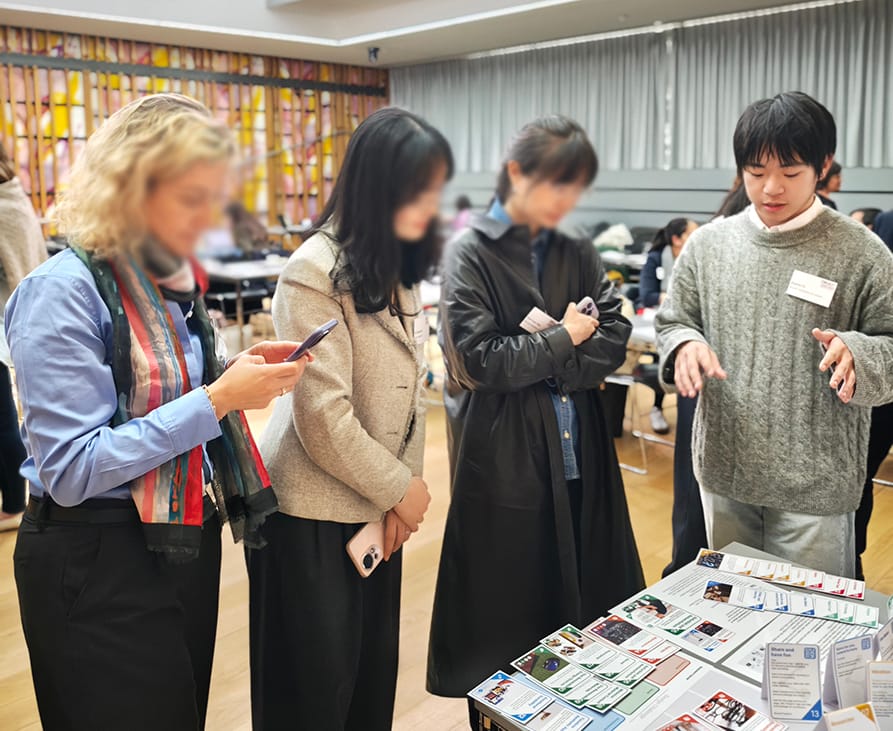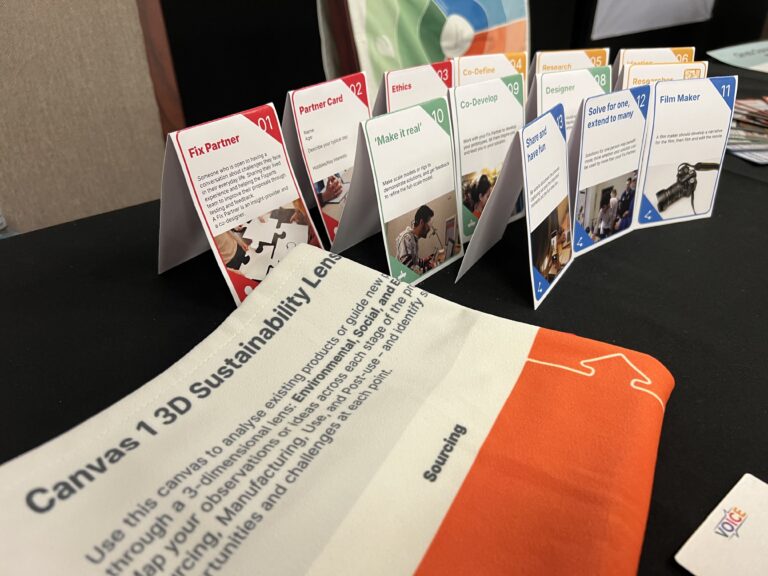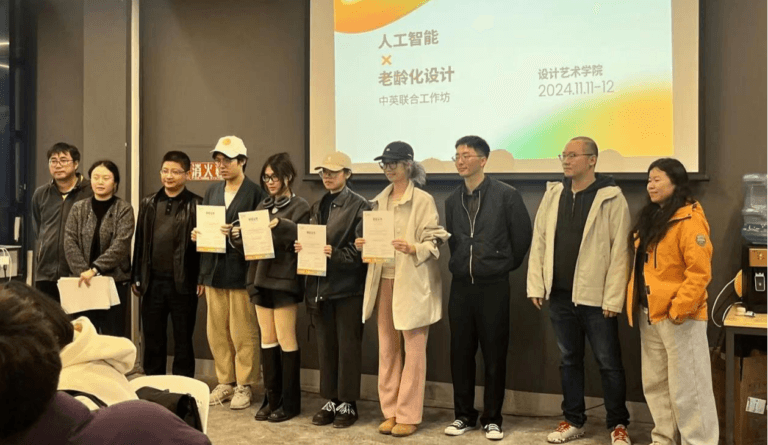We were thrilled to showcase the first prototype of our Teaching Toolkit at the Cambridge Workshop on Universal Access and Assistive Technology (CWUAAT) This early milestone provided a valuable opportunity to present our work, gather feedback from the academic and professional community, and spark meaningful conversations about inclusive and sustainable design education.
The prototype is part of the project effort to develop two dedicated teaching resources: the Inclusive Design Teaching Toolkit and a Sustainable Design Teaching Resource. These toolkits aim to support educators and students alike in embedding inclusive and sustainable thinking into their design practices.

At the heart of our development process is a user-centred approach. We’ve been actively engaging with educators and students through a range of evaluation activities—including workshops, feedback sessions, and co-design formats—to better understand their needs and priorities. Their insights have been central to shaping the content, structure, and direction of the toolkits.

To drive this initiative, we’ve assembled a dedicated team of project leads, research assistants, and expert advisors—each bringing deep experience in inclusive and sustainable design. Together, we’re working closely to ensure the resources are pedagogically grounded and practically useful.
- Our research assistants: Tom Fauth, Henry Follett, Yuxuan Fu, Ziko Wang
- We have received valuable advise from Dr Fabrizio Ceschin.
- Dr Abdusselam Selami Cifter, and Dr Arthi Manohar have provided valuable feedback to the prototype.
Development is ongoing, and we are continuing to refine and iterate based on feedback. The final versions of the toolkits will be released soon—we look forward to sharing them and contributing to more inclusive and sustainable design education.
Stay tuned for more updates as the project progresses!
The Cambridge Workshop on Universal Access and Assistive Technology (CWUAAT) is a biennial conference hosted by the Inclusive Design Group at the University of Cambridge. It brings together an international community of researchers, practitioners, and educators focused on designing for inclusion, with a particular emphasis on assistive technology, universal access, and inclusive design methods. The workshop provides a platform for sharing innovative research, exploring interdisciplinary approaches, and advancing inclusive practices in design and technology.



